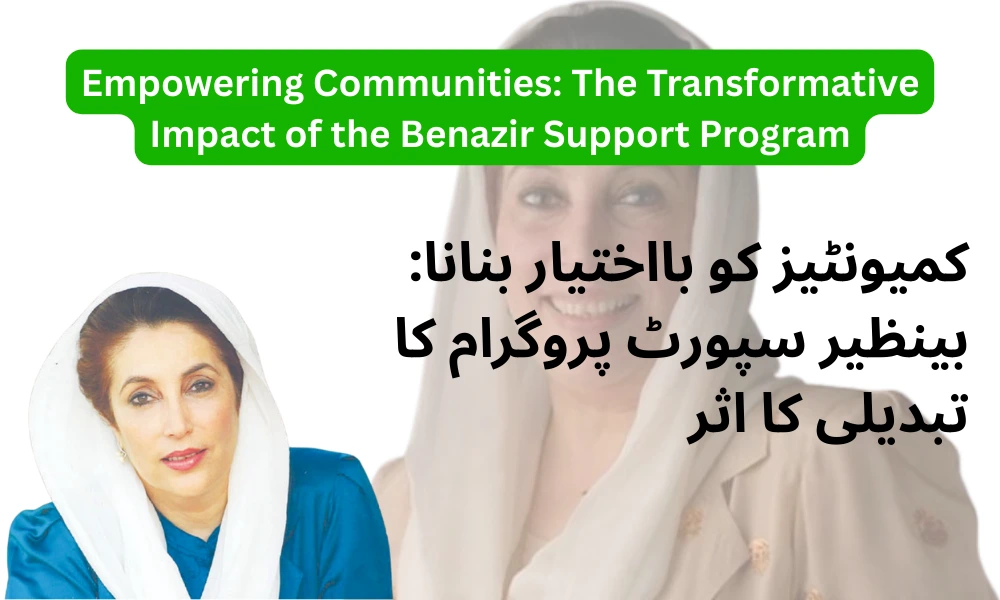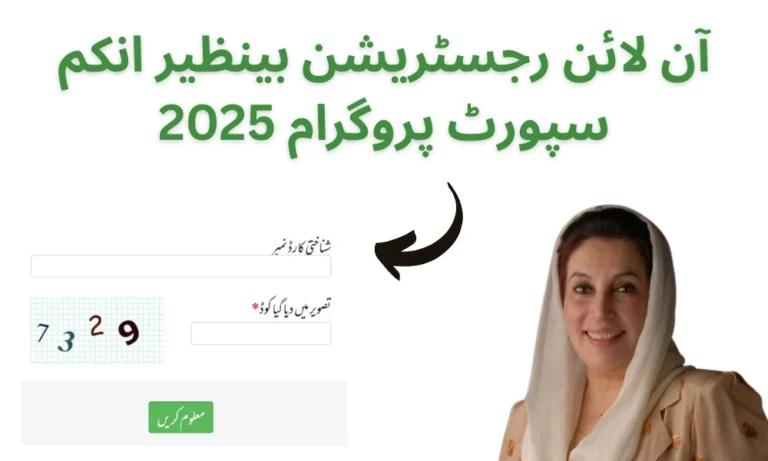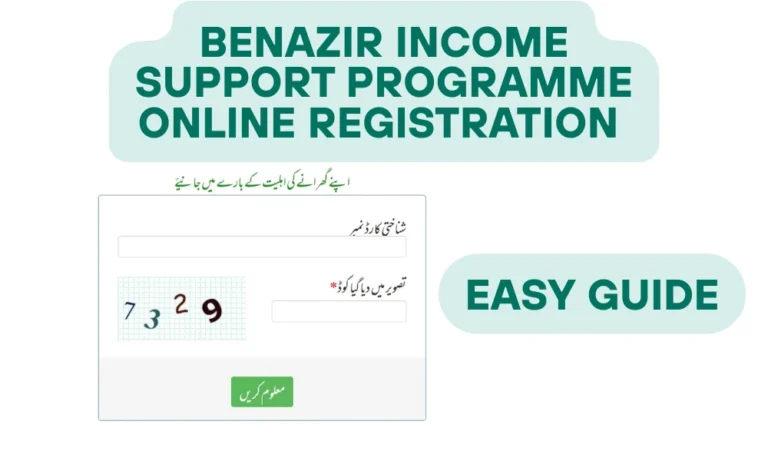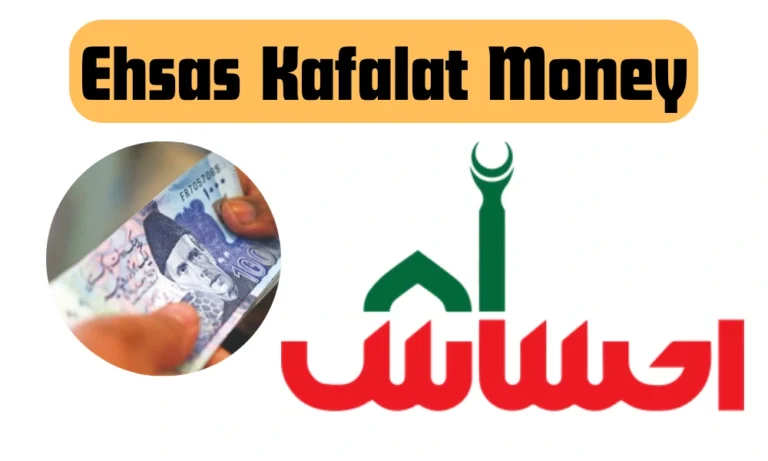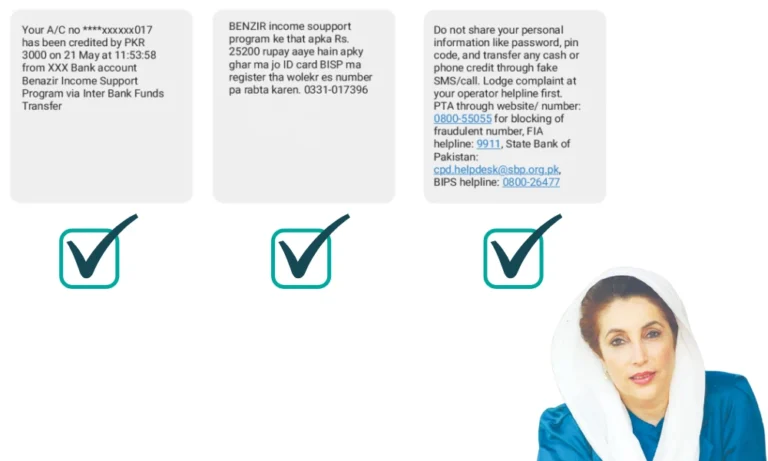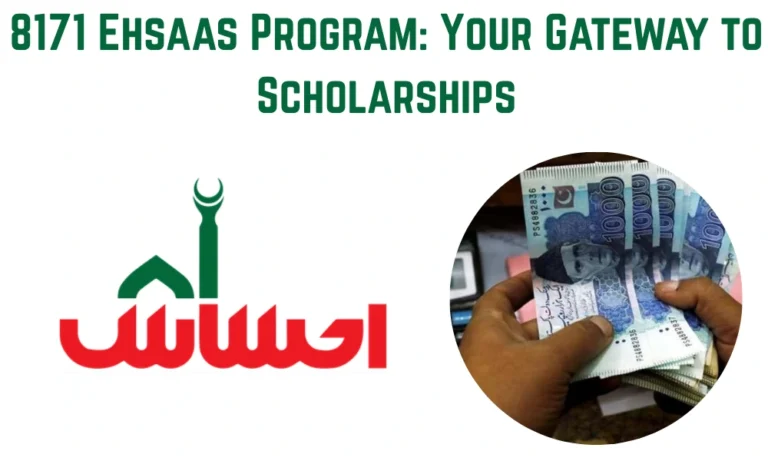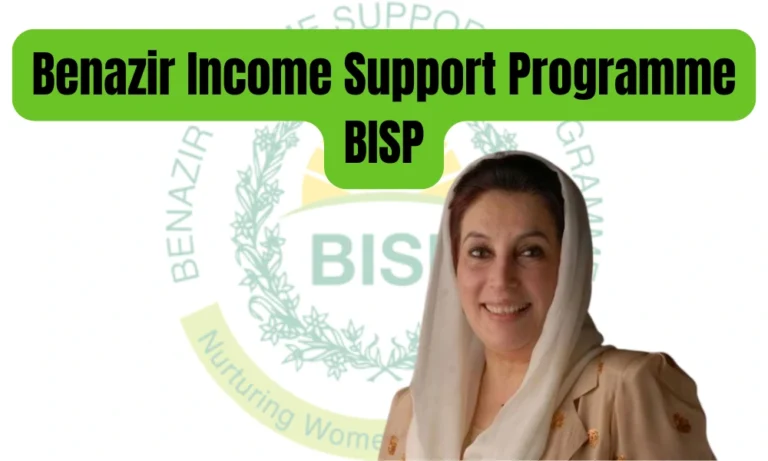In a world grappling with economic disparities, social safety nets have become crucial lifelines for vulnerable populations. Among these initiatives, the Benazir Support Program stands out as a beacon of hope for millions in Pakistan. Named in honor of the late Benazir Bhutto, a trailblazing leader who championed social justice, this program has become synonymous with poverty alleviation, women’s empowerment, and inclusive growth. This article explores the origins, objectives, key features, and transformative impact of the Benazir Support Program, while also addressing challenges and future opportunities for scaling its reach.
Historical Context and Objectives of the Benazir Support Program
Launched in 2008, the Benazir Support Program (BSP) was established as part of Pakistan’s broader strategy to combat poverty and inequality. Inspired by Benazir Bhutto’s vision of a welfare state, the program aimed to provide direct financial assistance to low-income households, particularly those headed by women. At its core, the initiative sought to address systemic issues such as food insecurity, lack of access to education, and healthcare disparities.
The program’s primary objectives include:
Poverty Reduction: Providing unconditional cash transfers to marginalized families.
Women’s Empowerment: Prioritizing female beneficiaries to enhance their decision-making power.
Human Capital Development: Linking financial aid to children’s school enrollment and health check-ups.
Social Protection: Shielding vulnerable populations from economic shocks.
By focusing on these pillars, the Benazir Support Program has redefined social welfare in Pakistan, blending immediate relief with long-term developmental goals.
Key Features of the Benazir Support Program
The success of the Benazir Support Program lies in its innovative design and targeted approach. Below are its defining features:
1. Unconditional Cash Transfers
Eligible households receive quarterly stipends through biometric verification systems, reducing the risk of fraud. This direct financial support enables families to meet basic needs such as food, clothing, and utilities.
2. Focus on Women
Over 90% of beneficiaries are women, a deliberate choice to challenge gender norms and promote economic independence. By transferring funds to female heads of households, the program fosters financial literacy and empowerment.
3. Conditional Incentives for Education and Health
To break the cycle of intergenerational poverty, the Benazir Support Program ties cash transfers to school enrollment and regular health visits. Families receive additional funds if their children attend school or complete vaccinations, incentivizing human capital investment.
4. Scalable and Adaptive Framework
The program utilizes a dynamic database to identify eligible households, ensuring resources reach those most in need. Regular surveys and data updates allow the Benazir Support Program to adapt to changing socioeconomic conditions.
5. Disaster Response Mechanism
During crises like floods or pandemics, the program swiftly expands its coverage to provide emergency relief. This agility has made it a critical tool in Pakistan’s disaster management strategy.
Impact of the Benazir Support Program on Pakistani Society
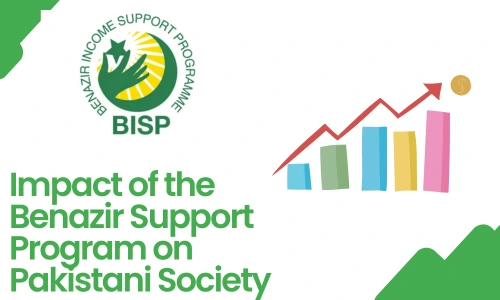
Since its inception, the Benazir Support Program has touched the lives of over 7 million families, translating to approximately 30 million individuals. Its impact is evident across multiple dimensions:
Economic Empowerment
By providing steady cash inflows, the program has lifted countless families above the poverty line. A World Bank study found that beneficiaries experienced a 10–15% increase in household consumption, improving their quality of life. Women, in particular, report greater control over household finances, enabling them to invest in small businesses or savings.
Educational Advancements
Conditional cash transfers have boosted school enrollment rates, especially for girls. In rural Sindh and Punjab, districts with high BSP participation saw a 20% rise in female literacy rates between 2015 and 2022.
Health Improvements
Linked health initiatives have increased immunization rates and prenatal care access. For instance, neonatal mortality rates dropped by 8% in BSP-covered regions, according to UNICEF.
Social Cohesion
The program’s transparency and inclusivity have fostered trust in government institutions. By prioritizing marginalized groups—including widows, disabled individuals, and ethnic minorities—the Benazir Support Program has strengthened social cohesion in fragmented communities.
Challenges and Criticisms
Despite its achievements, the Benazir Support Program faces hurdles that threaten its sustainability:
Funding Constraints: Reliance on international donors and fluctuating government budgets creates uncertainty.
Bureaucratic Inefficiencies: Delays in disbursements and outdated databases sometimes exclude eligible families.
Cultural Barriers: In conservative areas, male family members may resist women’s financial autonomy.
Inflationary Pressures: Rising food and fuel prices erode the real value of cash transfers.
Critics also argue that the program’s unconditional approach risks fostering dependency. However, proponents counter that the long-term benefits of stability outweigh these concerns.
Future Directions: Strengthening the Benazir Support Program
To maximize its impact, the Benazir Support Program must evolve in alignment with emerging challenges:
1. Digital Transformation
Expanding mobile banking and digital wallets can streamline payments and reduce costs. Pilot projects in Karachi have already shown promise, cutting transaction times by 50%.
2. Skill Development Integration
Pairing cash transfers with vocational training could help beneficiaries transition to sustainable livelihoods. For example, partnerships with local NGOs could offer courses in agriculture, tailoring, or tech skills.
3. Climate Resilience
With Pakistan facing severe climate challenges, the program could incorporate climate-smart initiatives, such as subsidies for drought-resistant crops or disaster preparedness training.
4. Advocacy for Policy Reform
Leveraging its vast database, the Benazir Support Program can advocate for broader policy changes, such as healthcare access or minimum wage reforms.
Conclusion: A Legacy of Hope
The Benazir Support Program is more than a poverty alleviation scheme—it is a testament to the power of inclusive policymaking. By uplifting women, educating children, and safeguarding households, the program honors Benazir Bhutto’s legacy while paving the way for a more equitable Pakistan.
As the nation navigates economic and environmental headwinds, scaling the Benazir Support Program will be critical. With strategic investments and community-driven solutions, this initiative can continue to transform lives, proving that even in the face of adversity, hope and resilience prevail.

